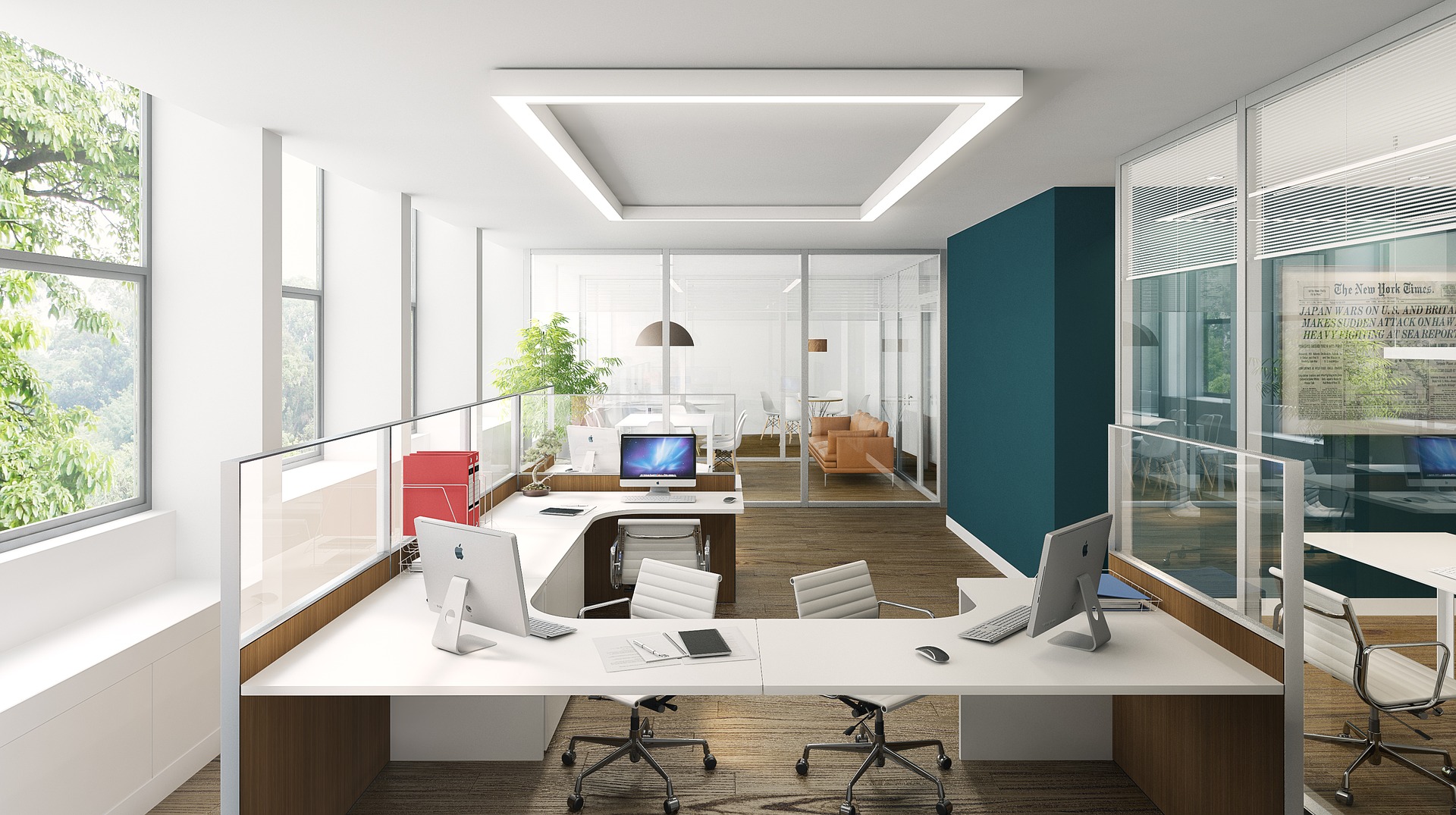Older businesses are finding it more difficult to fill skills gaps, global leader in creating bespoke workplaces, with a lack of workplace evolution hindering talent attraction for more established businesses.
Research* has revealed that 88% of businesses that have been in operation for more than 20 years have had trouble plugging skills gaps. In comparison, a significantly lower proportion (63%) of start-ups that have been around for less than five years indicated they were struggling to attract new talent.
According to Unispace, while there are several factors impacting skills shortages, outdated office spaces are exacerbating this divide between well-established and new businesses. Research from the firm into the global viewpoints of employees on workspaces post-pandemic revealed that 95% of workers wanted to change their physical office space, with options such as more outdoor space, access to both quiet and collaborative zones, and more amenities cited as the top wants of the modern workplace.
Lawrence Mohiuddine, CEO EMEA at Unispace, commented:“What many of us would consider a traditional office space – with rows of desks, large boardrooms and open plan areas – doesn’t suit the modern workforce and this latest data from MHR really highlights this issue. Established businesses that invested in their office spaces in an age when remote working, hot desking and a blended workforce was a rarity, will struggle to entice new recruits if they haven’t fundamentally changed how the office itself is used.
“Employees today want the workplace to give them more than they can get from their home office. They need to see the value of being in this environment with their peers again – particularly if they need to commute during a cost-of-living crisis.
“Our research and our experience designing spaces for brands globally tells us that a new approach to the workplace is needed – one that creates an atmosphere of collaboration, remote and in-person cohesion and socialisation. With employers across every sector struggling to recruit at the moment, there needs to be a longer-term look at what assets well-established firms can use as a selling point to attract new talent – including the office.”
*Research from MHR









